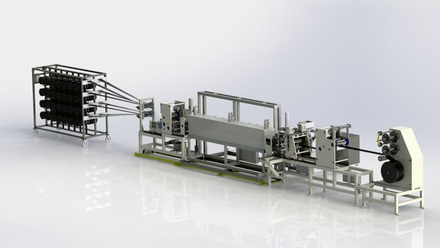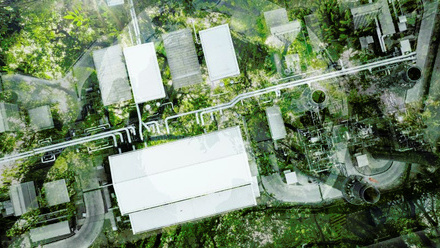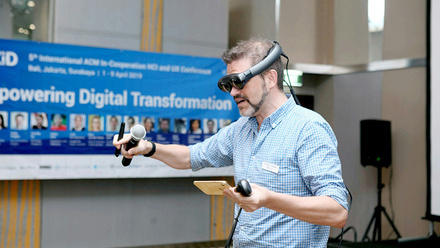Circular Economy of Plastics
Exploring NETZSCH tools to identify & analyse unknown compositions | INFORM on demand
This INFORM webinar aims to deepen viewers' understanding of the techniques that can be used to identify the composition of unknown polymer compounds. In this session Differential Scanning Calorimetry will be presented as a useful tool for the plastics recycling industry to characterise common plastics mixtures.
Today’s most important waste streams of plastics to become a circular economy are the pre-consumer and post-consumer waste. While the first is more or less production waste, the latter comes from the municipal waste stream with far more diversity and uncertainty regarding the material itself, its condition and therefore, reusability.
One current hurdle to increase recycling rates is the identification and quantification of unknown compositions found in recycled materials. One such identification tool is the Differential Scanning Calorimetry (DSC), which allows to identify materials based on their melting characteristics. At the same time, it allows the quantification of the components in comparison to a reference.
Who is the webinar aimed at?
This session will be particularly useful to polymer suppliers, polymer processors, polymer traders and trading platforms, recyclate sellers, recyclate buyers, recyclate traders, material characterization and analysis, people working in the recycling industry, and people interested in circular economy.
What will you learn from this webinar?
- Get overview of recycling pathways, in particular mechanical recycling
- Learn about the identification and quantification of polyolefins
- Understand the possibilities and limitations of the available techniques







